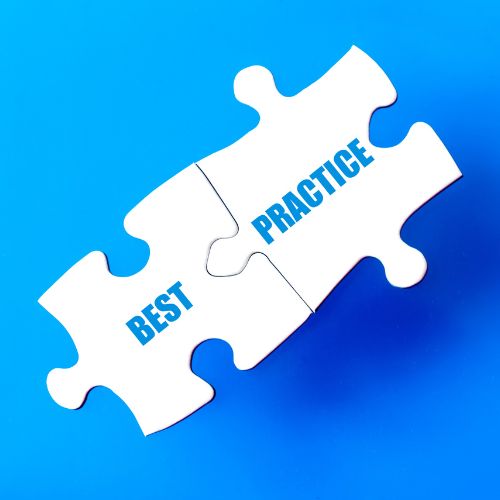
Technical Assistance
Staffed by financial, technical, business, and treatment experts, the Fletcher Group provides organizations, communities, counties, and states with unrivaled Technical Assistance. Our experience in building innovative Recovery Ecosystems can dramatically enhance your organization’s effectiveness by improving collaboration, developing new partnerships, and blending otherwise fragmented funds and resources. To learn more, click here or on the image to the left.
Research and Evaluation
Research is not just important. It’s imperative, particularly in an industry like recovery housing that’s been largely unregulated and under-studied. The research we do helps us fill voids in our industry’s skill set, spot the white space for breakthrough change, codify evidence-based best practices, provide effective technical assistance, raise social consciousness, and plot a long-range map for achieving the sweeping, transformative change in recovery services and treatment so needed in rural America. To learn more, click here or on the image to the right.


Training
Life Skills Training is now widely available to recovery housing and support services organizations, thanks to a Fletcher Group partnership with the esteemed Elevance Health Foundation. Participating organizations can receive training, materials, and equipment at no cost plus a $1,200 stipend for implementing and evaluating the 12-session Life Skills Training curriculum.
But that’s not all. The Fletcher Group also offers many other training opportunities, including how to fund and build recovery housing, how to engage and organize communities, how to create a recovery to work program, and how to handle NIMBYism, among many others. To learn more, click here or on the image to the left.
Funding
The Fletcher Group’s “Recovery Ecosystem” model combines self-sustaining recovery housing with a peer-support social model and a complete continuum of care based on evidence-based Best Practices. Debt-free facility construction and start-up are funded with a variety of blended funding streams, including support from local government programs, state and federal agencies including HUD, local departments of corrections, state housing corporations, community development block grants, tax credits, food stamp vouchers, and Section 8 housing vouchers.
Self-sustaining operation costs are funded through a range of collaborative partnerships, including per diem funds paid for clients that are referred to the recovery center by local departments of corrections. To learn more, click here or on the image to the left.

